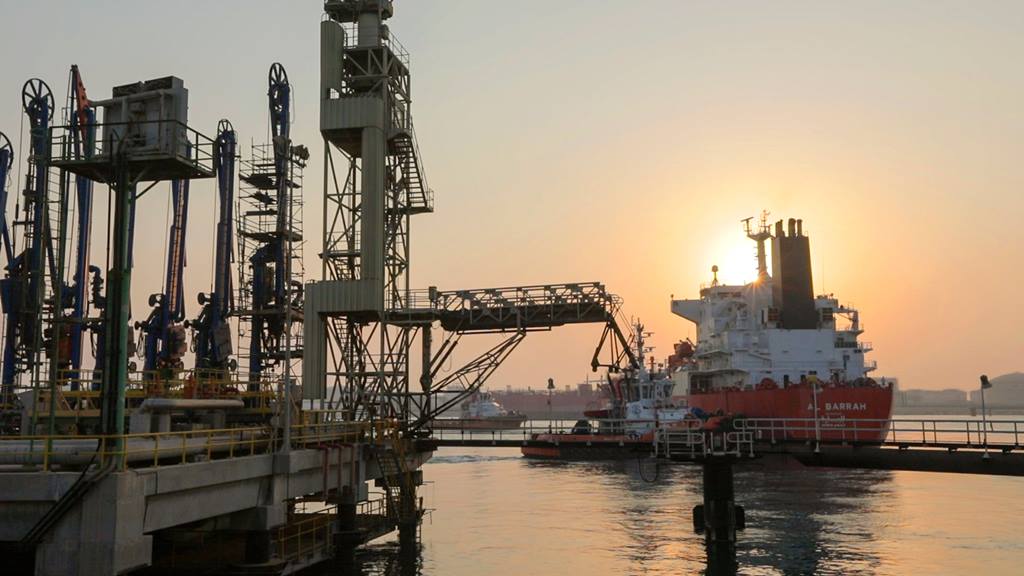
- ARAB NEWS
- 01 Aug 2025

RIYADH: Sustainability has emerged as a key objective in the 21st century, with countries that have long relied on traditional fuels committing to achieve net-zero emissions to ensure an environmentally conscious future.
Top oil exporters like Saudi Arabia are prioritizing the development of alternative energy sources, such as blue ammonia. The Kingdom is spearheading the global energy transition, aiming to become a reputable exporter of clean energy.
As Saudi Arabia continues its sustainable journey, several countries with similar environmental goals are extending their partnerships beyond traditional oil ties.
Japan holds a longstanding partnership with Saudi Arabia in the energy sector, with the two countries expected to strengthen their ties as the East Asian country’s Prime Minister Fumio Kishida plans to visit the Middle East this month. This comes after he attends a NATO Summit in Lithuania, showcasing Japan’s commitment to improving climate change.
Japan’s energy relationship with Saudi Arabia progresses
Recent developments suggest a promising future between Japan and Saudi Arabia as both countries continue their environmentally conscious efforts.
In December 2022, the allied countries signed two sets of cooperation agreements in the fields of hydrogen, fuel ammonia and carbon recycling, strengthening the current relationship primarily based on buyer and supplier of crude oil.
Following signing agreements, the first shipment of independently certified low-carbon ammonia arrived in Japan.
Japanese firm Mitsui O.S.K. Lines shipped the fuel to the Sodegaura Refinery for use in co-fired power generation.
The specialized compound was produced by SABIC Agri-Nutrients with feedstock from top crude exporter Saudi Aramco.
Introducing low-carbon ammonia from Saudi Arabia is expected to contribute to Japan’s journey towards achieving net-zero emissions, as the carbon dioxide produced during the manufacturing process will be collected and used in downstream applications.
Olivier Thorel, senior vice president chemicals and hydrogen at Aramco, emphasized the importance of low-carbon ammonia as a versatile and valuable energy source. “Not only is low-carbon ammonia a means to transport lower-carbon hydrogen, it is an important energy source in its own right that can help decarbonize key sectors — including power generation for both utilities and industries,” he said.
Shigeto Yamamoto, president of Fuji Oil, said that low-carbon ammonia is expected to be a next-generation fuel contributing to reducing CO2 emissions. Japan aims to achieve carbon neutrality by 2050.
The price factor
The Middle East, specifically Saudi Arabia, has a well-established history of developing traditional energy resources. Technical expertise and readily available production facilities are proving beneficial for countries in the region as they venture into the world of clean energy.
According to a task force established by Japan’s Ministry of Economy, Trade and Industry, countries in the Middle East region have the potential to supply blue ammonia at a comparatively low price, with prices ranging from $335 to $339 per ton, including cost and freight charges. In comparison, blue ammonia from North America is priced at approximately $413 per ton, while the cost from Oceania stands at around $429 per ton.
Harnessing the potential to export ammonia from the Middle East is crucial for Japan, as fossil fuels accounted for 88 percent of the country’s total primary energy supply in 2019.
The visit of Fumio to the Middle East presents an opportunity to assemble further partnerships, particularly in the trading of blue ammonia with Saudi Arabia. Given Japan’s ambition to achieve carbon neutrality and Saudi Arabia’s promise to develop clean energy solutions, the two nations can build on their shared goals to achieve a stronger, more environmentally sound future.